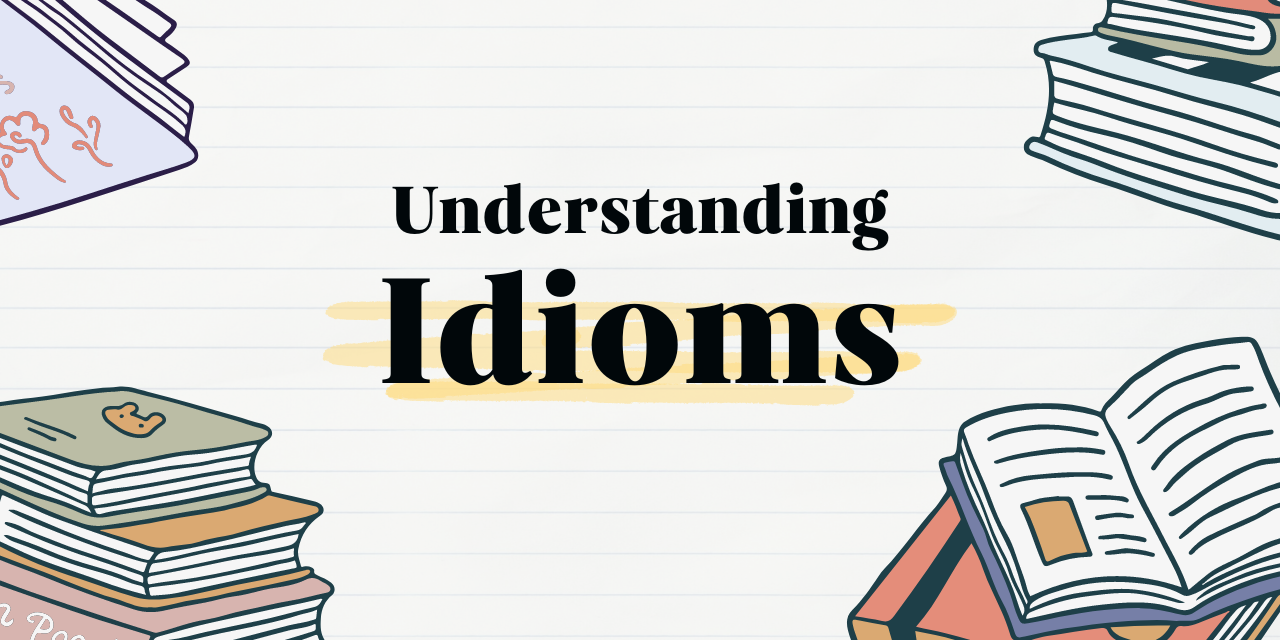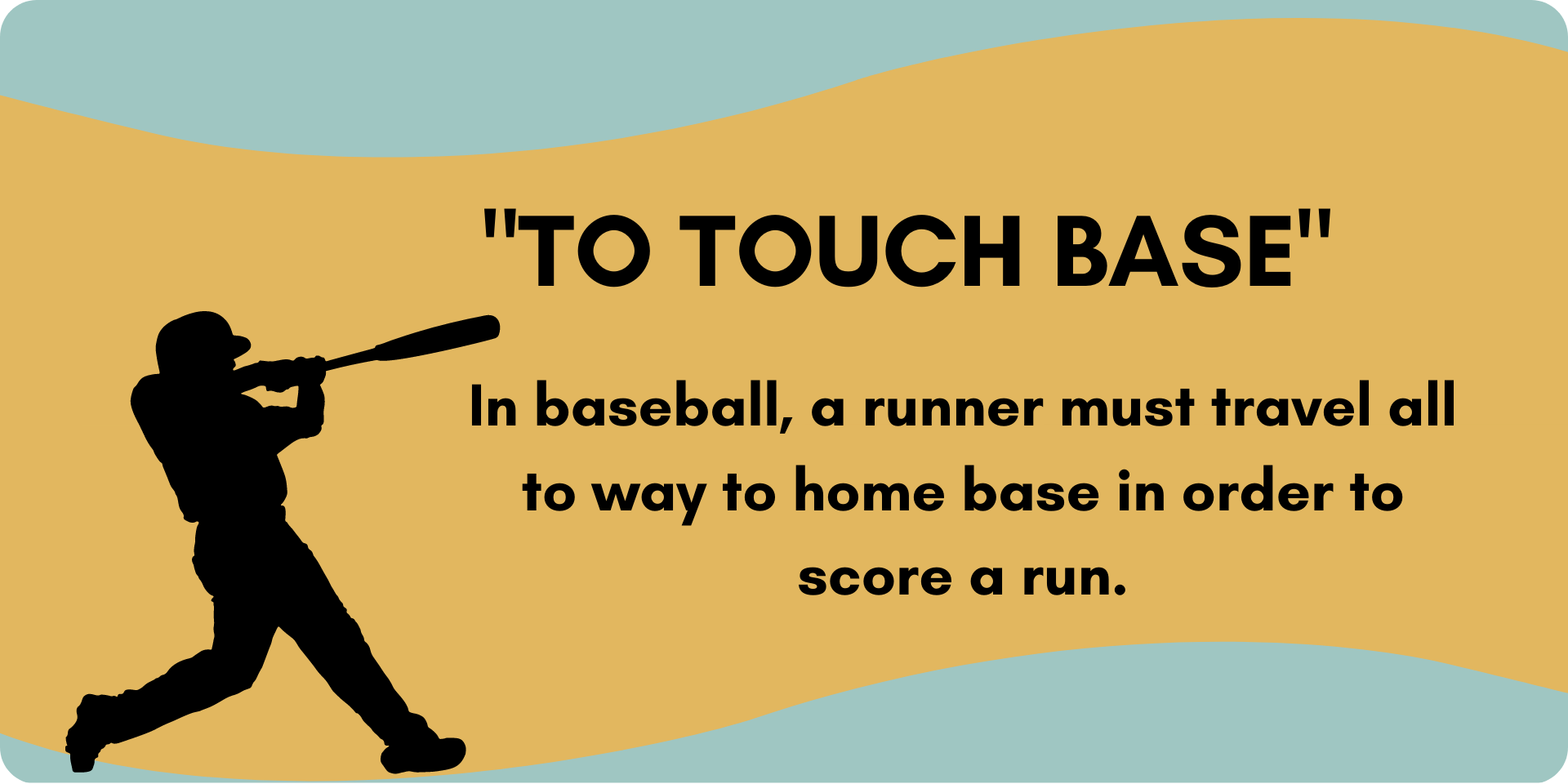The expression “to a T” – as in “That fits you to a T!” – is often incorrectly written or spoken as “to the T” (or “to a tee” or “to the tee”). This same kind of mistake often occurs in everyday phrases such as “all of the sudden” and “for all intensive purposes,” among others. In today’s unrestrained publishing environment, writers are free to consciously or unconsciously style such expressions however they choose, but careful writers will maintain prevailing standards.
But what is a “T”? None of the myriads of proposed origins of “to a T” is conclusive, but there is only one that makes any sense. The belief that it refers to how well a T-shirt fits is silly: this term for a collarless, short-sleeved shirt isn’t even a hundred years old, and the idiom dates back to the late 1600s.
That also disqualifies the more credible theory that it refers to the precision that a T square —the T-shaped drafting tool—enables; the first affirmed use in print of the tool’s name postdates the first use of the phrase by almost a century. It also has nothing to do with the golf tool known as the tee, which has always been spelled as such (though the spelling blunder “to a tee” goes back hundreds of years).
More than likely, the phrase descends from the phrase “to a tittle.” A tittle means a small mark used in orthographic elements, such as the dot over a j or i or an accent mark, and the meaning is “to the smallest detail.”
Why isn’t the expression written, “to a t”? It’s because uppercase letters are the default setting when utilizing a letter to illustrate something. Report cards have As, and Bs, the force of gravity is expressed as a multiple of Gs (the capital letter is the scientific symbol for gravity), and an X, not an x, marks the spot. (We also use uppercase letters such as S and V to represent shapes—though, like X as a location designation and the other uses referred to above, they shouldn’t be italicized in those contexts because they do not literally represent letters.)
There are some exceptions: The context of “Dot your i’s and cross your t’s” and “Mind your p’s and q’s”—if one accepts the contested variation that the latter referred initially to easily confused letters—requires lowercase letters.
Does teetotaler have any link? This word for one who abstains from alcohol goes back almost two centuries but initially referred simply to the intensification of one’s feelings about being utterly devoted to something, with tee connected as a form of repetition. But as the different spelling indicates, the word has nothing in common with the expression “to a T.”
Related: Check out our “common expressions” section for more articles like this one!
Want to sharpen your business writing skills? Discover our acclaimed online courses at syntaxtraining.com






